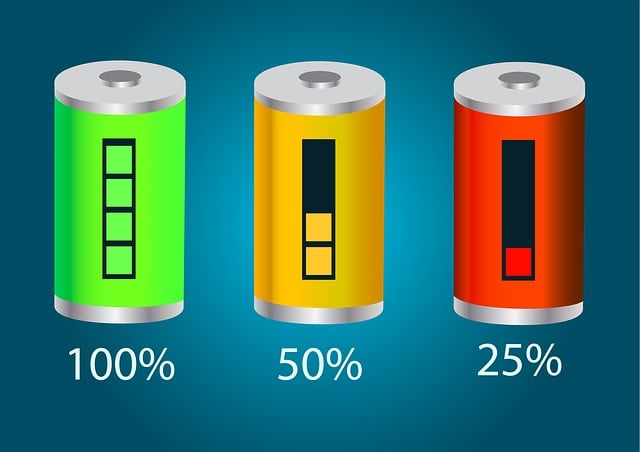Understanding Oregon's drug laws is key to building robust drug-related defenses. Lawyers challenge evidence and police procedures, leveraging classifications and penalties for controlled substances. This ensures fair rights for the accused, offering alternatives like probation, community service, and treatment programs that promote rehabilitation over harsh sentencing.
Facing drug charges in Oregon can be daunting, but understanding your rights and strategic defense options is crucial. This article explores key strategies for defending against drug allegations, focusing on Oregon’s unique legal landscape. From deciphering complex drug laws to building a robust case and navigating alternative sentencing, we provide insights to empower you. Discover how a well-informed approach can make all the difference in securing the best possible outcome for your drug-related defense in Oregon.
- Understanding Drug Laws in Oregon: A Foundation for Defense
- Building a Strong Case: Evidence and Legal Recourse
- Navigating Sentencing Options: Alternatives to Incarceration
Understanding Drug Laws in Oregon: A Foundation for Defense

Understanding the intricate web of drug laws in Oregon is a cornerstone for any defense strategy related to drug charges. Oregon’s legal framework has specific provisions and classifications for various drugs, including their possession, use, and distribution. Understanding these distinctions is vital as they can significantly impact an individual’s case. For instance, the state categorizes controlled substances into different schedules, each carrying its own penalties, reflecting the perceived level of danger and potential for abuse.
Knowing these laws allows for the development of robust drug-related defenses in Oregon. Lawyers can challenge the admissibility of evidence, scrutinize police procedures, and argue against harsh sentencing based on the specific circumstances of the case. This knowledge ensures a well-prepared defense, offering the best chance at a favorable outcome for those facing drug charges.
Building a Strong Case: Evidence and Legal Recourse

Building a strong case for drug-related defenses in Oregon requires a meticulous approach to evidence and legal strategy. Legal professionals play a crucial role in gathering and presenting compelling arguments that challenge the state’s case. One effective tactic is to scrutinize the method of evidence collection, ensuring it adheres to constitutional guidelines. Police procedures, such as searches and seizures, must be conducted within legal boundaries, and any deviations could weaken the prosecution’s stance.
Additionally, Oregon’s laws regarding drug possession and distribution offer potential defenses for those charged. Legal experts can navigate these intricacies, exploring options like challenging the admissibility of evidence or arguing against illegal search and seizure practices. A robust defense strategy aims to protect the rights of individuals accused of drug-related offenses while ensuring a fair trial within the Oregon legal system.
Navigating Sentencing Options: Alternatives to Incarceration

In Oregon, navigating sentencing options for drug-related defenses goes beyond simply avoiding incarceration. Alternatives to traditional jail time include probation, community service, and participation in specialized treatment programs. These options not only offer a chance for rehabilitation but also help reduce the overall impact on an individual’s life. Probation, for instance, allows defendants to serve their sentences under supervision in the community, providing flexibility while adhering to specific conditions.
Community-based interventions, such as drug court programs, focus on addressing the root causes of drug abuse and providing long-term support systems. By participating in these programs, individuals can access resources like counseling, job training, and housing assistance, which are crucial for sustainable recovery. These alternatives to incarceration demonstrate a balanced approach that considers both accountability and the potential for positive change within Oregon’s criminal justice system.






